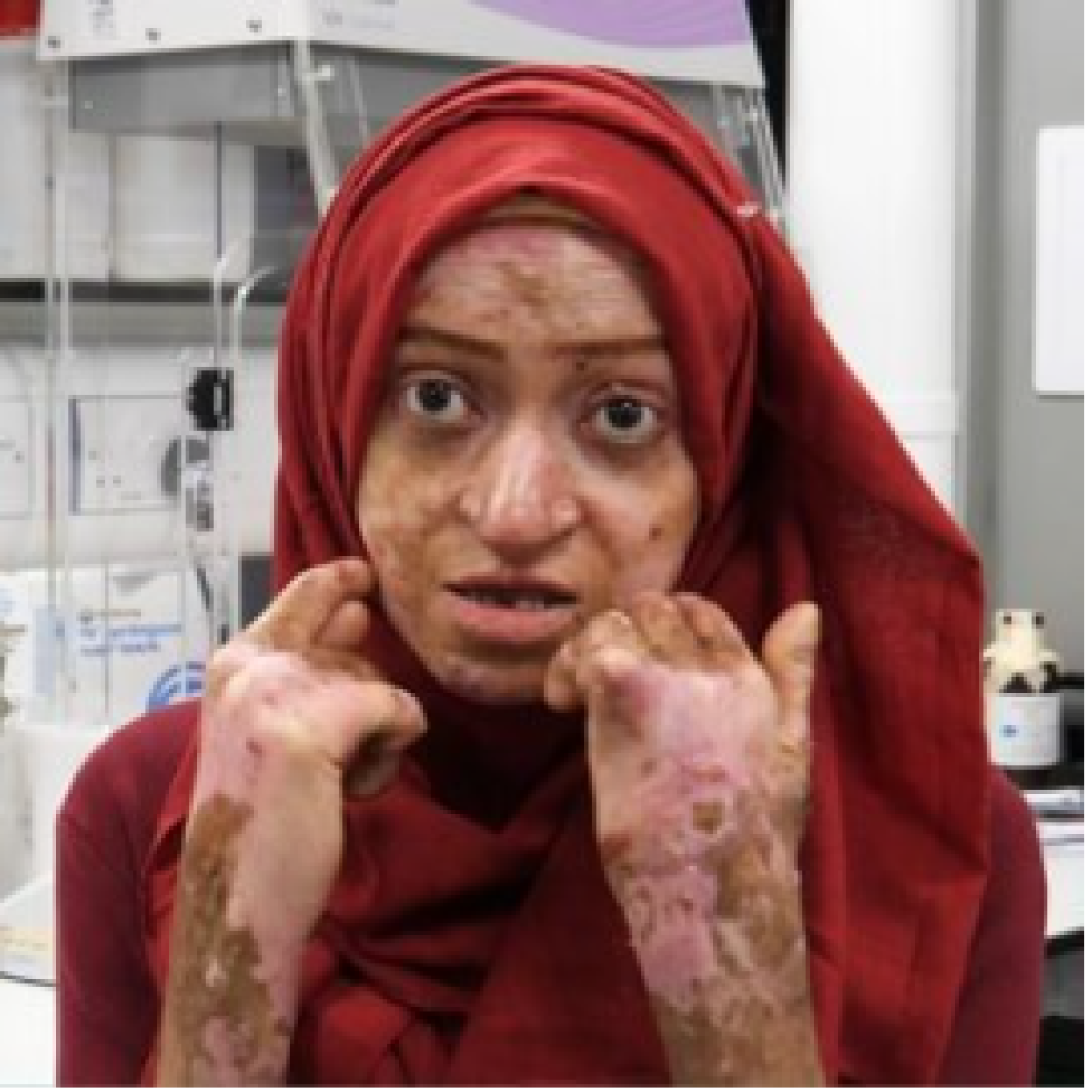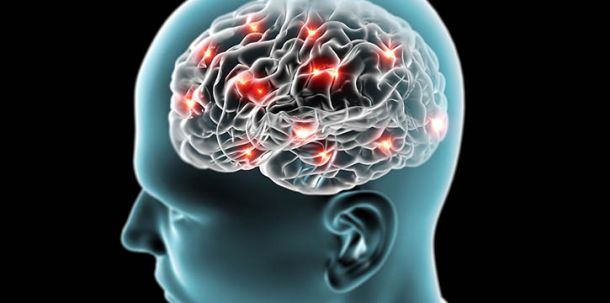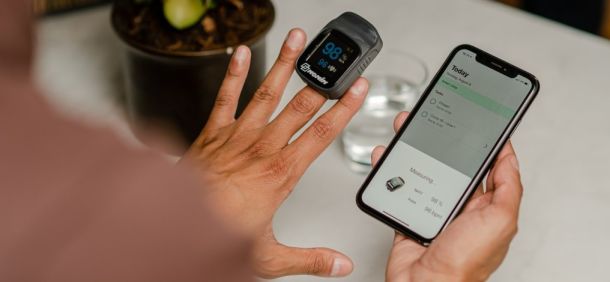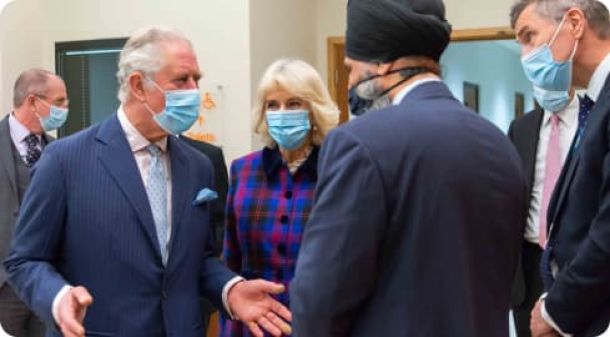
New mouth spray could benefit patients with painful genetic skin condition

A new spray for treating severely painful blisters, mouth ulceration and oral scarring in patients with a rare genetic skin condition is being developed by researchers in the Healthcare Technologies Institute, based here in the ITM.
The spray is designed for patients with Epidermolysis Bullosa (EB), a condition that causes the skin to blister and tear at the slightest touch.
Around 5,000 people in the UK are currently living with EB, which is usually diagnosed in early childhood. Symptoms include open wounds and sores where fragile skin is damaged and severe scarring where wounds heal.
EB can be particularly painful when internal linings such as inside the mouth are damaged, making eating and teeth brushing extremely difficult. Scarring inside the mouth can also affect the development of muscles and other tissue.
Researchers in the Healthcare Technologies Institute and the University of Birmingham’s Institute of Inflammation and Ageing are working alongside experts in dermatology and dentistry to formulate an oral spray designed to alleviate some of these symptoms.
Over the next two years, the team will work closely with clinicians and patient groups to design the spray so that it can be delivered directly into the cheek cavity. It will contain anti-fibrotic molecules to both treat the blisters and prevent them from scarring.
The work has been funded by DEBRA, the UK charity dedicated to finding a cure for Epidermolysis Bullosa and supporting the EB community.
Caroline Collins, Director of Research at DEBRA says: “The development of this spray could be a giant step forward in helping to alleviate the constant pain and discomfort EB sufferers experience on a daily basis. The combination of delivery and use of treatments that reduce fibrosis could mean an EB patient is able to properly eat for the first time and maintain basic dental hygiene which many of us take for granted. I am hugely grateful to the team in Birmingham for making this happen.”
Professor Liam Grover, Director of the Healthcare Technologies Institute, is leading the project. “The hydrogels that we are designing have distinctive properties that enable them to stick to the moist tissues inside the mouth,” he explains. “Our aim is to use this formulation to deliver other ‘ingredients’ that can help treat EB symptoms.”
Adrian Heagerty, Honorary Professor of Dermatology at the University of Birmingham, said: “We regularly see EB patients who are unable to eat properly because of pain and discomfort in their mouths, Even brushing their teeth can be painful and damaging, leading to extremely poor dental health. Developing an oral spray that will help patients to eat and maintain oral hygiene could be a game changer.”
As one EB patient explains: “EB will always be part of my life, but this type of treatment could make it less painful to live with. It will be particularly important for younger people, who will be able to use it to help them reduce the damage to the insides of their mouths, brush their teeth more regularly, and keep their teeth stronger for longer.”
Three formulations will be designed, each delivering a distinct anti-fibrotic molecule. The aim will be to test each of these in a comparative clinical trial once the initial research programme has been completed.
Anthony Metcalfe, Professor of Wound Healing at the University, adds: “There is no cure, yet, for EB and so our primary focus is on managing the pain and other symptoms. We’re very grateful to DEBRA for funding this important research.”
By the end of the two-year programme, the team aim to have formulated the spray, and prepared the groundwork for an early stage clinical trial.







